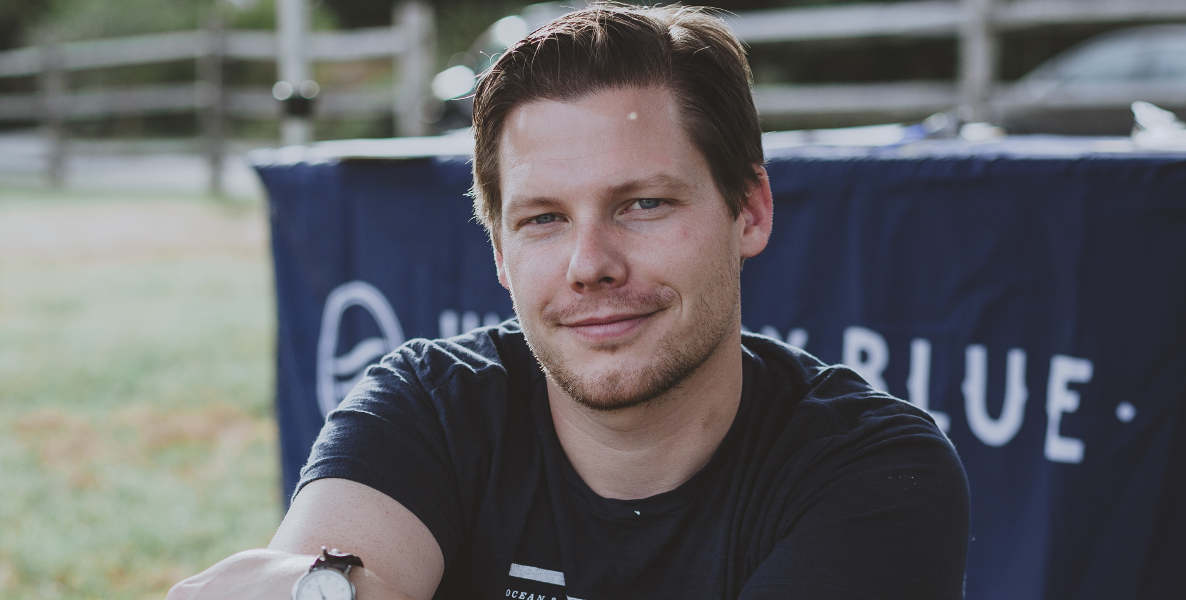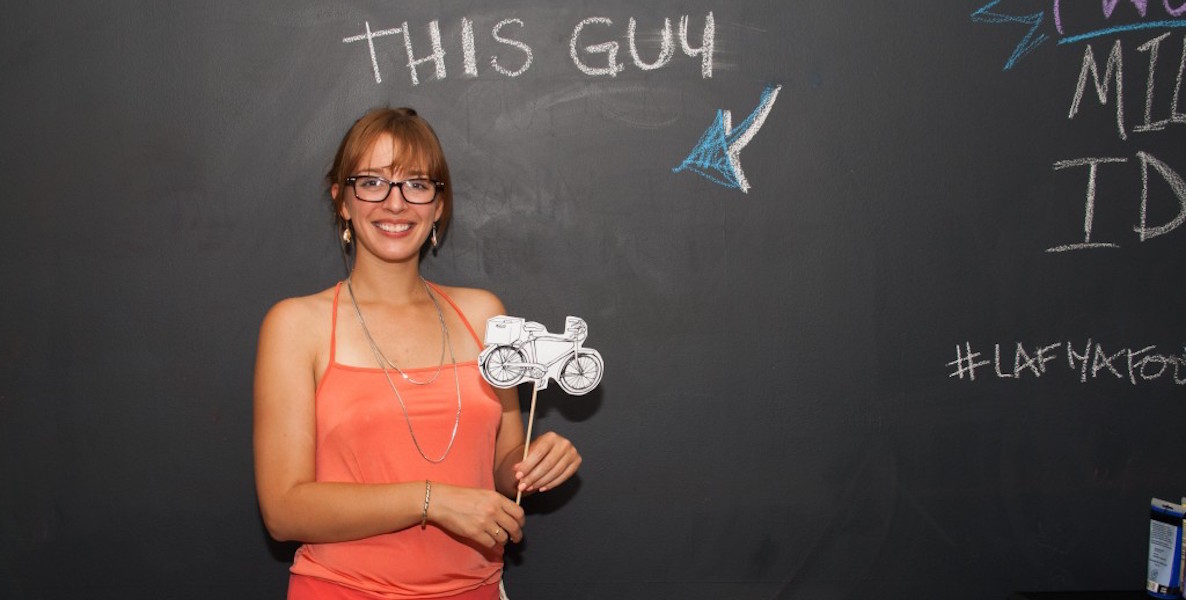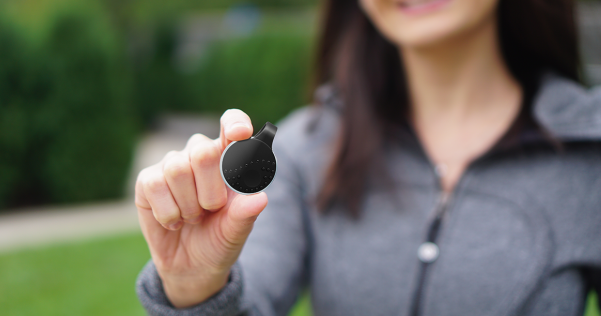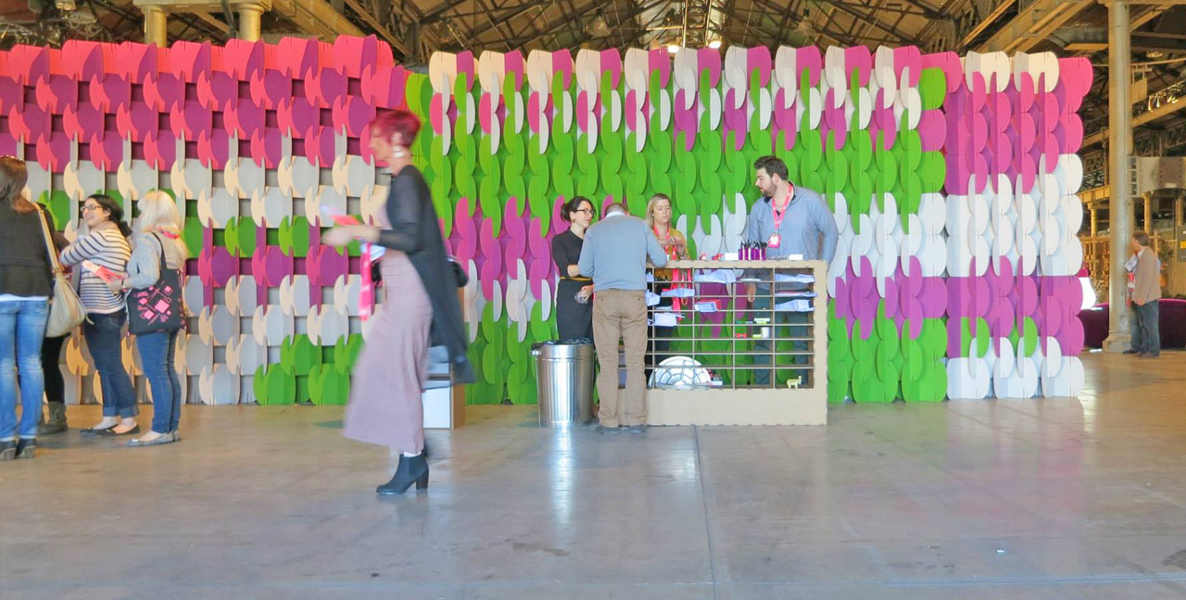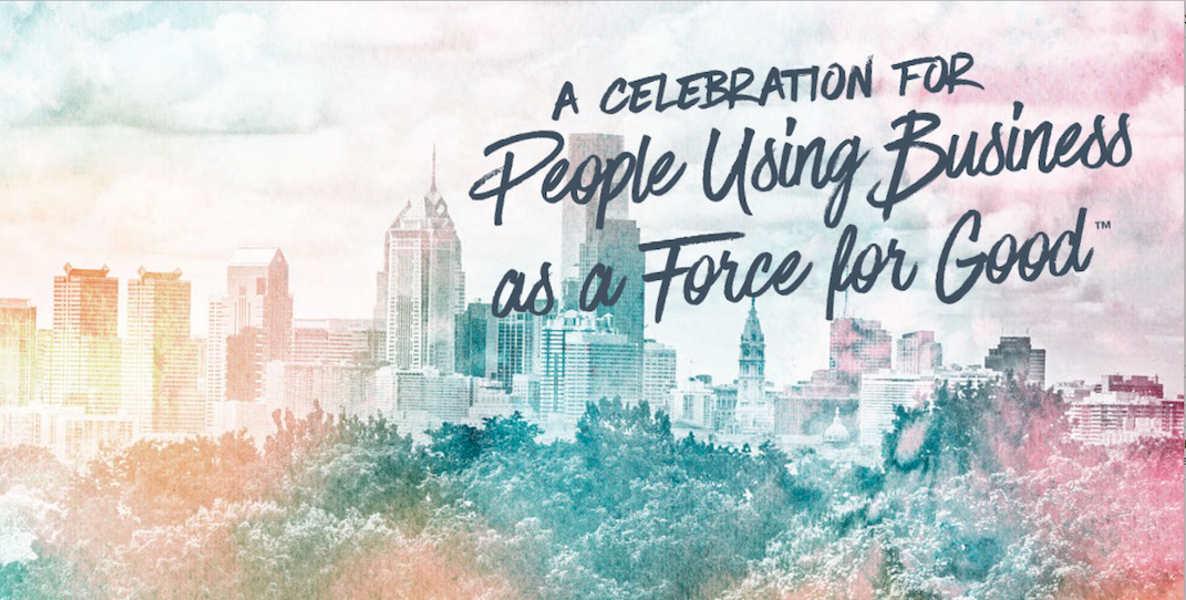Brothers Isaac and Jaime Salm founded MIO with one objective in mind: To enable others to design highly personalized living spaces that are both beautiful and sustainable. But MIO is also a consultancy, every bit as fundamental as the design department: The company works closely with its clients to help them implement its forward-thinking products and services.
Jaime, who oversees the design side of the business—his brother Isaac handles the numbers—first conceptualized what would ultimately become MIO while a student at the University of the Arts. Over 15 years later, the company is now a leading innovator in the field of sustainable design.
In anticipation of this week’s B Corps Champions Retreat—when 300 socially-conscious companies from 22 countries are converging on Philly—we spent a few minutes with Salm, talking about how even MIO can continue to improve its civic and environmental message.
Todd Snider: Tell me about the origins of MIO, and its culture.
Jaime Salm: Well, it was really about ethics, you know? That being sustainable was logical. I realized that it was about looking at your impact and being responsible about what you’re designing.
My thesis turned into a project that Anthropologie bought. It was a signage, made out of recycled waste paper, and that gave me the seed money for MIO. I realized there and then that there is a market for sustainability and there’s a market for sustainable products.
So I created a business plan: The company would have to, 1) create products, and those products would be made locally and would be made responsibly, as responsibly as we could; and, 2) we would actually do design consulting and we would try to work with companies to bring these sustainable ideas to life, both in their company and in their larger marketplace.
TS: As a consultancy, is there any overarching problem that you tend to encounter from your clients?
Salm: A lot of the clients that we work with started their companies a long time ago. And at that point, sustainability was not something that they were measuring. So for them, it’s kind of tough to say, ‘Oh, how do we account for this now?’ because you have to start reinterpreting and changing the company culture, and changing company culture is very tough.
If you’re a new company, and you say, ‘Well, what are our goals? How do I align my values with my business?’ then it’s pretty easy, because you’re starting from scratch. If you already have all this infrastructure, if you already have all these employees, you say, ‘Hey, guys, we’re going to change this company from the ground up,’ because sustainability is part of what’s at the heart. It becomes part of your mission. So it’s a different framework.
TS: Would you go so far as to say that changing that mindset might be a harder, or even more time-consuming, task for MIO than actually implementing these new designs?
Salm: Absolutely. I think designing sustainably—selecting materials, cycle assessments, all of this stuff—it’s not rocket science. But changing people’s ideas about what their companies should be or what a product could be, it’s huge, you know? You’re learning again something that you thought you knew. You have to collaborate with them, you have to understand where they’re at, you have to understand what their fears and concerns are. And some of them are very real and very valid, so it’s very hard to change.
TS: Why did you want MIO to become a B Corporation?
Salm: We had been looking at B Corps for a while, and we hadn’t pulled the trigger on it —but in reality, we were already a B Corp, you know what I’m saying? We were already doing all of these things from the beginning. What was really nice about being a B corp was that the B corp framework is not just about saying, ‘Yeah, we’re green, here’s the evidence,’ but it’s also saying, ‘What are you going to do next?’
[As a] B Corp, you are able to see what other companies have been doing, and you’re able to measure yourself against that and say, ‘We could be doing more.’ And, certainly, MIO could be doing more. There’s so many opportunities for us to become a more sustainable company, a more responsible company, a more transparent company. All this takes a little bit of—not a little bit, a lot of—work, and a lot of resources, and a lot of focus.
But that’s part of the nice thing about B Corps: It’s a continuous challenge. You want to become greener, you want to increase your impact, you want to make sure you’re contributing to the people that are working for you, you want to make sure you’re contributing to the companies you’re working with. That’s the aspect of B corps that I like the most—you know, there is a framework for you to measure yourself, and hold yourself accountable.
TS: What does the idea of being civically engaged mean to you, specifically?
Salm: Well, there’s a lot more work that we want to do on what I call the MIO Social and Environmental Report. It’s a report that we’ve been working and developing a framework for. How do you get your manufacturers to report what they’re doing and how they’ve been doing it? How do you measure your products? I mean, we do some lifecycle assessments, but what are we comparing them against? As a company, I think we have to do a lot more documentation to our customers and also to our employees and the people that we work with. So factories, vendors of all kinds, I think they need to know what we’re about. And we do a good job, but we could do a much, much better job, and we should be much more thorough than we currently are.
TS: Lastly, what advice would you give to companies that are thinking about becoming B Corps—especially in light of what you said earlier, that you guys were initially going back and forth about it?
Salm: I would say, ‘What are you waiting for?’ Honestly. If you believe you should align your personal values with your business and with what you do for, say, 60 to 90 percent of the days in your life, I mean, then why wouldn’t you? How much of your energy is dedicated to actually going to work and making a difference and doing something that you care about? Why shouldn’t that thing that you care about be attuned to society and the planet? I think that that’s the question you have to ask yourself.
And then it’s not such a difficult choice. Because you say, ‘Okay, yes, I’m going to make sure that what I do everyday makes a difference, and then I’m going to make sure that I’m able to measure it, and quantify it, in a reasonable way. And there are peers out there that I can compare myself with.’




